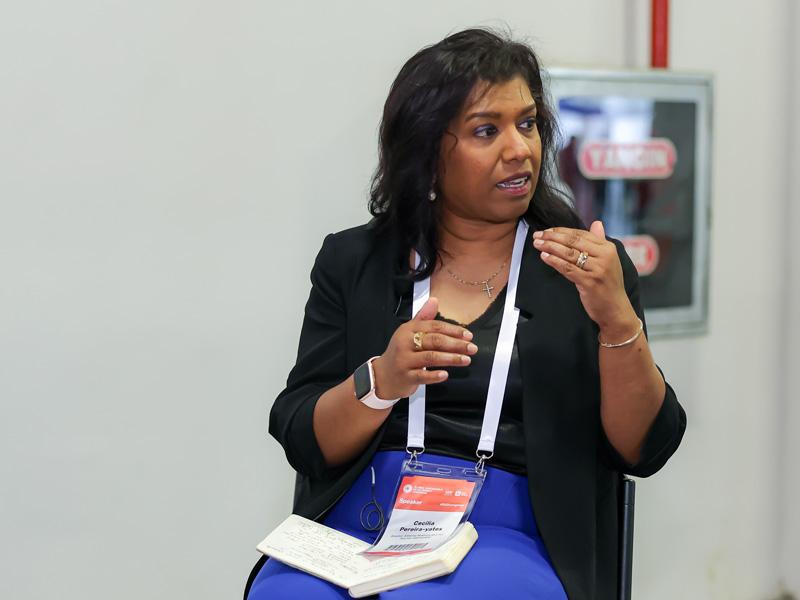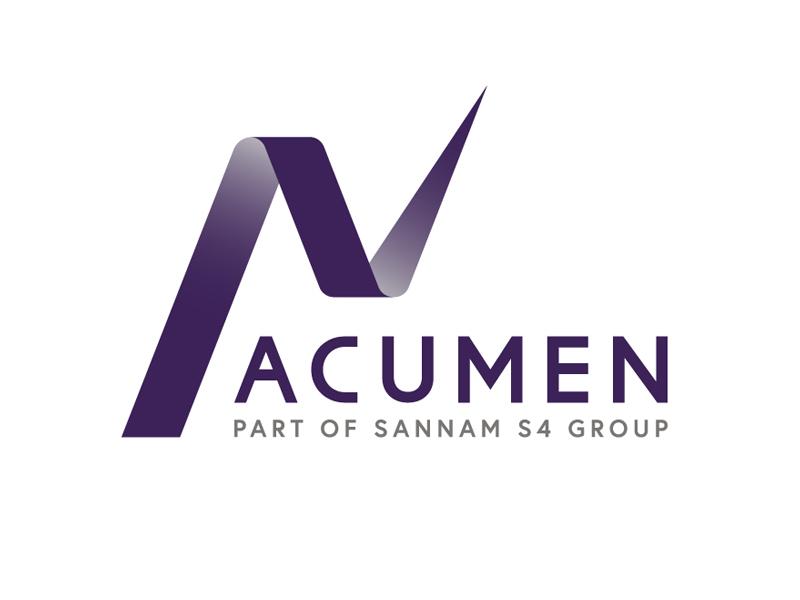
Enabling transnational education in India through partnerships

Buttressed by broader development initiatives such as Viksit Bharat 2047 and the National Education Policy (NEP) 2020, Indian higher education is well-positioned to become a global hub for academic opportunities and innovation. These policies seek to enhance the quality of Indian higher education to meet the emerging skill requirements and workforce needs by reimagining the national education agenda and frameworks.
Notably, these policies emphasise transnational education (TNE) as a means to support the internationalisation of India’s higher education. This creates vast opportunities for global universities looking to engage with and expand into this market. A session held during the 2025 THE Global Sustainable Development Congress explored the evolution of TNE in Asia and the unique opportunities and challenges India presents in creating impactful higher education partnerships.
Cecilia Pereira-Yates, director of external relations and TNE at Acumen, outlined recent developments in TNE and the growth of international partnerships in India. “What has happened is really exciting. In 2020, India set out the NEP to internationalise Indian universities and rebuild the education landscape,” she said. While the NEP sent strong signals about India’s aspirations, demographic factors, particularly the large young population and growing demand for international education, make India an attractive market for TNE.
Pereira-Yates pointed out that more international institutions are expressing interest in India due to these shifts. Acumen, part of Sannam S4 Group, helps such institutions enter, explore and expand in emerging TNE destinations. It offers a range of services to build TNE and research partnerships by connecting institutions with the brightest students, academics and administrators around the world through strong local networks and digital engagement.
The panellists discussed the challenges institutions face when navigating TNE and underscored the importance of having a clear strategy and implementation plan. A common challenge is that some universities don’t have a clear internationalisation strategy, said Pereira-Yates. Dominic Garcia, group commercial director at THE, highlighted a 2024 research report by THE, which suggests that to generate impact and growth in the host country, TNE strategies should align closely with larger national development agendas and higher education policies.
Garcia spoke about THE’s global partnerships designed to advance TNE and drive impactful outcomes for institutions and host countries through tailored guidance and data-led insights. THE has collaborated with organisations such as the British Council to evaluate the opportunities and challenges that institutions face in expanding the reach of their TNE initiatives, he said. In India, THE has partnered with Tamilnadu Industrial Development Corporation and Guidance Tamil Nadu to support initiatives for internationalisation, research and innovation in the Knowledge City hub in Chennai, India.
The discussion highlighted the importance of data-informed strategies in supporting institutional growth and internationalisation. Market intelligence and insights on student demand can help institutions take proactive action and move from speculative efforts to sustainable strategy. The panellists emphasised that realising the full potential of TNE in India requires partnerships aligned with national priorities and grounded in local realities. TNE should provide opportunities for building equitable, long-term and mutually beneficial partnerships that enhance expertise on both sides, said Pereira-Yates.
Find out more about Acumen.

